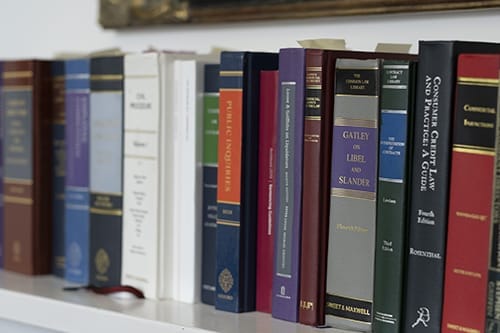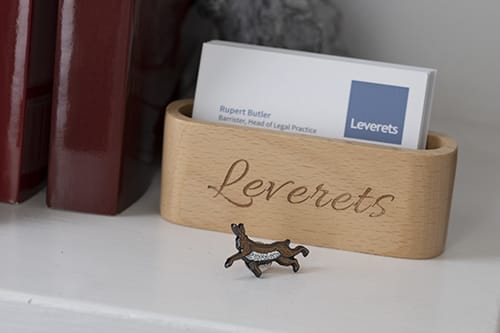The media – be it print, broadcast or social publishing – often walks a fine line between two fundamental rights, namely freedom of expression and protection of reputation.
A free media has long been regarded as a cornerstone of British culture. However, alongside this, common law has historically set much store by protection of reputation. To put it bluntly – publication or broadcast of a statement affecting a person’s reputation can be actionable.
The regulator Ofcom is the first line of defence. Its stated mission is to operate with a bias against intervention, but a willingness to intervene firmly, promptly, and effectively when required. But how does this work in practice, and is Ofcom failing in its duty to hold the media to account when they start sensationalising justice?
Mediatised Justice
The media plays a key role in shaping people’s opinions of criminal justice. All too often fairness, impartiality, and even content standards lose out to click bait and sensationalism. Individuals and institutions can quickly find themselves accused, tried, judged and sentenced by the court of public opinion.
Trial by media is the process by which media coverage affects a person’s reputation, by creating a widespread perception of guilt or innocence, often before a verdict has been reached in a court of law. Beyond public perception, biased reporting also interferes with the right to due process, the presumption of innocence, and can fundamentally impede the fair administration of justice.
Ofcom’s broadcasting code pays particular attention to freedom of expression, which encompasses the audience’s right to receive creative material, information, and ideas without interference, but subject to restrictions prescribed by law and necessary in a democratic society.
Ofcom’s code makes it clear that portrayal of factual matters must not materially mislead the audience, stresses the importance of impartiality, and that the media must avoid unjust or unfair treatment of individuals and organisations. However in practice Ofcom’s approach encourages a ‘seek forgiveness, not permission’ attitude amongst the media, which has serious ramifications for what they will or won’t choose to publish, often resulting in unfair or misleading content being broadcast without fear of repercussion.
Prevention is better than cure
Ofcom’s approach is reactive rather than proactive.
In my experience of handling high profile defamation and libel complaints on behalf of Leverets, I have found Ofcom’s approach is heavily weighted towards a bias against intervention, rather than a promise to administer intervention promptly and effectively.
With financial penalties inconsequential, and written apologies buried in the deepest recesses of a website or publication, there is little incentive for media outlets to adhere to fairness and privacy requirements, and there certainly is no real recompense for the victim.
In fact, when it comes to defamatory content, Ofcom won’t consider a complaint at all. They will instantly mark it outside of the sphere of reference, and therefore a matter that can only be dealt with via expensive and time-consuming legal redress through the courts.
In all cases, whether a complaint is declined, upheld, or passed along, action is almost without fail taken too late, and the process too long-winded to be effective. The moment has passed, the trial may have finished, and the reputational damage is done.
Courtrooms are not hermetically sealed from what’s going on in the outside world. To my mind Ofcom must ensure the right to a fair trial is always preserved; anything less hinders justice both for the accused and for victims.
Trial by media erodes the principle of innocent until proven guilty, whilst trial by jury offers real potential for resolution, as long as those jurers have not been prejudiced in their thinking by the roughshod media. Come on Ofcom – it’s time to do better.







